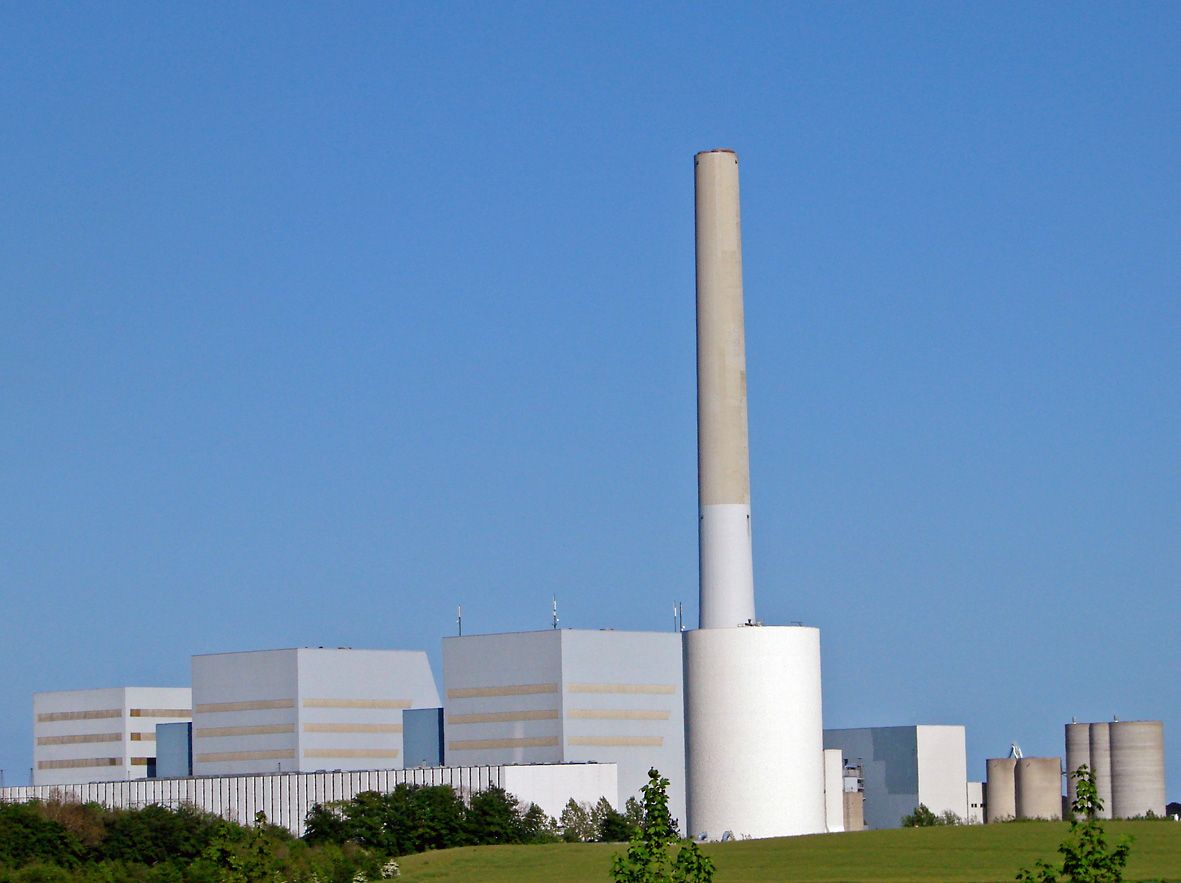In a bid to significantly reduce Danish CO2 emissions, power plants across the country are replacing coal with wood chips and pellets.
The latest transformation took place near Aarhus, where one of Denmark’s largest power plants, Studstrupværket, opened following two years of conversion from coal to wood.
Some 250,000 citizens in Aarhus will now receive green district heating derived from wood, a pivotal factor in Aarhus Municipality’s ambition to be CO2-neutral by 2030.
“As part of what is a quiet revolution, we are finally tossing coal aside,” Lars Aagaard, the head of the Danish energy association Dansk Energi, told Metroxpress newspaper.
“The change to biomass will foster a massive fall in Danish CO2 emissions. When establishing a new energy system based on sun and wind, there is a need for biomass to fill the void when the sun doesn’t shine and the wind doesn’t blow.”
READ MORE: Roskilde Municipality to offload all investments in coal, oil and gas
Billions invested
Studstrupværket is co-owned by the municipality and energy company DONG Energy, which owns seven power plants nationwide.
Five of the power plants will be reconfigured for biomass in the near future, including Avedøreværket in Copenhagen and Skærbækværket near Fredericia.
According to Dansk Energi, energy companies in Denmark are investing over 6 billion kroner into the transformation from coal and natural gas to biomass.















